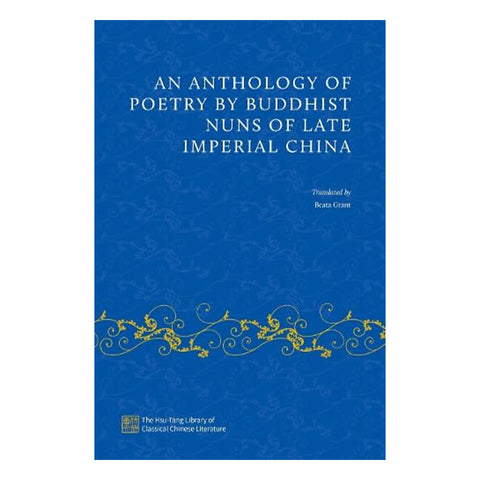The Hsu-Tang Library presents authoritative and eminently readable translations of classical Chinese literature, in bilingual editions, ranging across three millennia and the entire Sinitic world.
This anthology opens up new religious and poetic worlds for readers. It consists of translations of poems written by Buddhist nuns from China's late imperial period (1368-1911). Appreciation of these poems is enhanced by individual biographical accounts for each of the sixty-five nun-poets and an Introduction to the historical, religious, and literary context of these poems, including a concise discussion of Chinese Buddhism and Chinese Buddhist poetry.
The nuns in this anthology come from a range of backgrounds: some were placed in convents when very young; others were former palace ladies or courtesans who found refuge in the religious life; others were women left widowed or destitute in the wake of the various political and social upheavals of the times, especially the violent transition between the Ming and Qing dynasties in the mid-seventeenth century.
This period was also marked by a flourishing of women's culture, as more and more women from the gentry-class began not only to receive the classical education required to write poetry, but also to have their works printed and circulated. Most of the poet-nuns in this volume were from this gentry class, and almost all of them had at least one collection of writings, usually poetry, printed in their names. Although most of these collections are now lost, some of their poems have fortunately been preserved in various anthologies from this period, including anthologies dedicated exclusively to women's poetry, as well as in collections of Buddhist records.
- 320 pages
- hardcover
- by Beata Grant (Translator)


